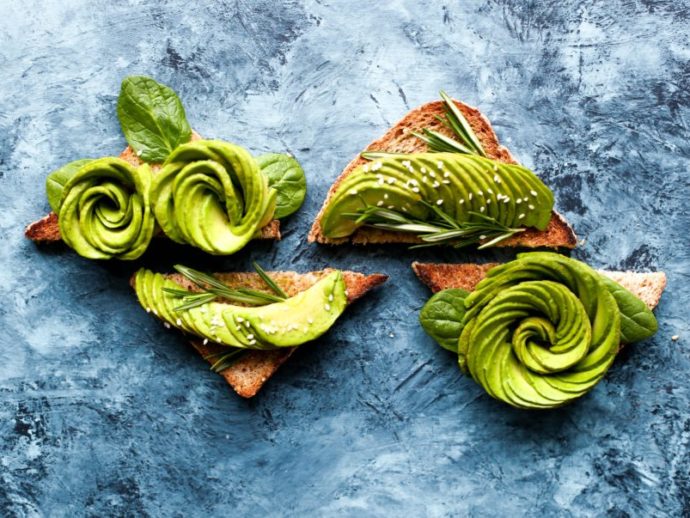
Rearrange the refrigerator. Make space on the shelf. Prepare the pantry. These health-supporting foods deserve a special place in your kitchen. Work them into your meals and snacks on a regular basis, and you’ll be well on your way to healthier eating.
Food types to look for
Foods high in sulfur
Sulfur is required to create an important antioxidant called glutathione. Kale, cabbage and other cruciferous vegetables are naturally rich in sulfur.
Fermented foods
Sauerkraut and other fermented foods improve digestion and speed up waste elimination because they’re rich in beneficial bacteria (probiotics). “Natural probiotics are wonderful for keeping our guts populated with the healthy bacteria we need to digest well,” says Lindsey Mcilvena, MD.
Fiber-rich foods
We need up to 38 g of fiber daily, but most of us don’t even come close to that intake. Fiber moves waste and toxins through our system more quickly, and it also improves bowel health and helps beneficial bacteria crowd out bad bacteria. Boost fiber intake by choosing whole grains over refined grains. In the refining process, whole grains lose approximately 75 percent of their fiber. Eating more fruits and vegetables is also a smart way to get more fiber, which brings us to …
Specific foods to try
Avocados
Rich in protein and monounsaturated fats, avocados may help with liver function. Preliminary clinical studies show that avocados may also support cardiovascular health.
Beets
Full of phytochemicals and minerals (including dietary nitrate, folate, manganese and iron), beets promote a healthy digestive system, increase blood flow, lower blood pressure and naturally boost athletic performance.
Ginger
High levels of antioxidants and health-promoting compounds (notably gingerols) provide anti-inflammatory relief to the gastrointestinal tract, stimulating and improving digestion.
Blueberries
Loaded with fiber, vitamin C and a type of flavonoid called anthocyanins, blueberries protect cell health. Studies show they also promote digestive health and may help fight heart disease and diabetes.
Green tea
Containing only 20 to 45 mL caffeine per 8 oz (250 mL) cup, green tea is a rich source of antioxidants called polyphenols that protect cells. Green tea also provides anti-inflammatory benefits. Try it in the White Bean Kale Soup in this issue of alive@work (we’re using it instead of vegetable stock!).
Seaweed
Seaweed contains essential amino acids, omega-3 fatty acids and vitamins A, B, C and E. Plus, its soluble fiber content promotes digestive health.
Watercress
Watercress’s peppery green leaves are packed with nutrients like vitamins A, B6, C, E and K, which promote a healthy complexion and increased energy.





